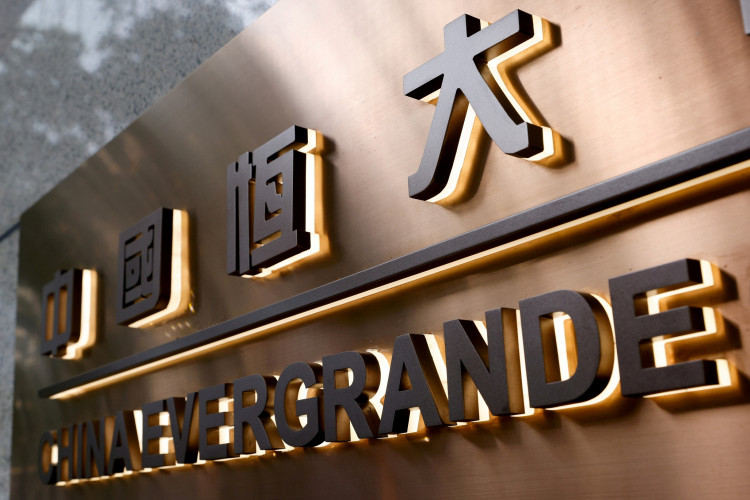Chinese property giant China Evergrande Group is reportedly planning to disclose some of its debt restructuring plans prior to the upcoming winding-up court hearing scheduled for March 20. According to two sources familiar with the situation who spoke to Reuters, the move is an attempt by the company to secure another adjournment.
Evergrande Group, one of the largest property developers in China, has been facing financial difficulties and debt woes since 2020. The company has been struggling to repay its massive debt obligations amid a slowdown in the Chinese property market and increased regulatory scrutiny.
Evergrande owes more than $300 billion in liabilities, including unpaid bills to contractors, banks, and bondholders. The company's shares have also plummeted, and its credit ratings have been downgraded multiple times.
In recent months, there have been concerns that Evergrande's financial troubles could spill over into the broader Chinese economy and even affect global markets. The company has been trying to restructure its debts, but the process has been complicated by the sheer size of its liabilities and the reluctance of creditors to accept losses.
On Mar. 20, Evergrande is scheduled to appear in a court in Hong Kong for a hearing about a winding up petition that was filed by a creditor.
Evergrande was given an order by the judge during the hearing that took place in November to make some "concrete" progress on the process of restructuring its debt and to present a progress report 14 days in advance of the next hearing, which is around Mar. 6.
When asked by the court about its plans at the time, the developer stated that it anticipated receiving permission from creditors for its proposals to restructure the debt as early as the end of February.
The company has proposed various debt restructuring plans, including offering equity stakes in its subsidiaries as collateral and issuing new bonds to replace existing debt. Some reports suggest that the company may also sell off assets or even spin off some of its businesses to raise funds.
However, the company's proposals have reportedly met with resistance from some creditors, who are seeking more significant concessions, such as larger haircuts on their debt holdings or a restructuring plan that would prioritize repayment to certain groups of creditors.
The company has been seeking to delay repayment deadlines and avoid default while it negotiates with creditors. However, the situation remains fluid, and it is unclear when or if a comprehensive restructuring plan will be agreed upon.





